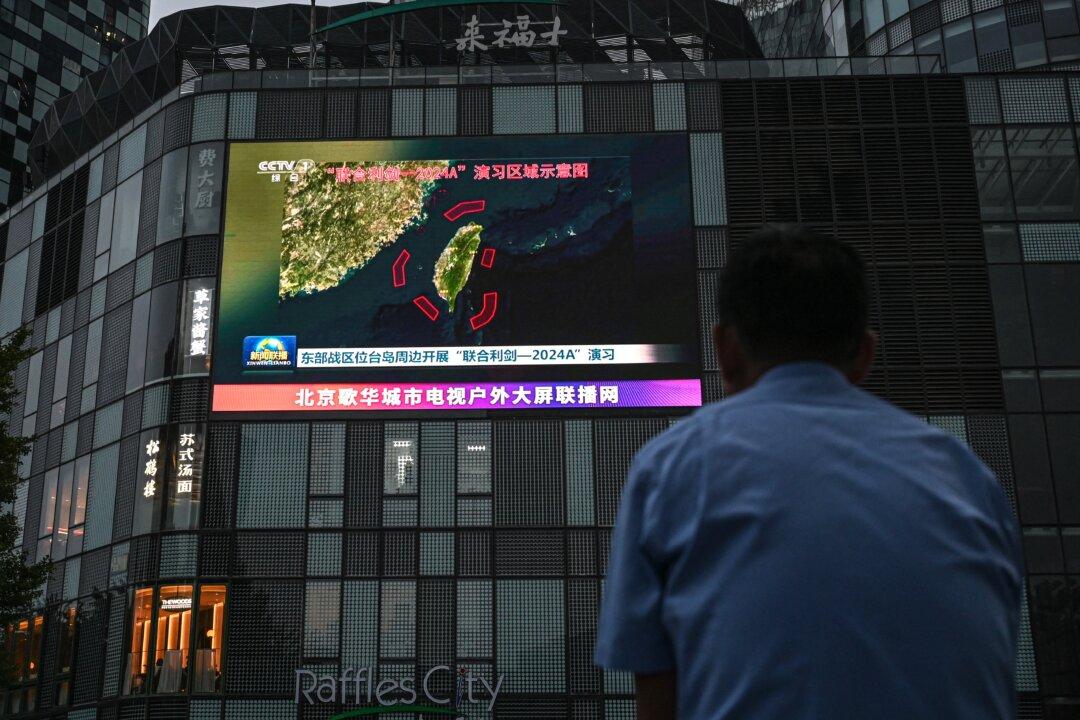Commentary
The prospect of a high-risk war by communist China against Taiwan in 2024 rose substantially on May 30, even though all military-political metrics argue against the chances of success for Beijing in such a conflict.

The prospect of a high-risk war by communist China against Taiwan in 2024 rose substantially on May 30, even though all military-political metrics argue against the chances of success for Beijing in such a conflict.